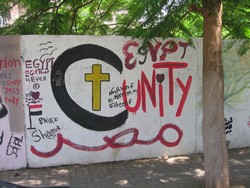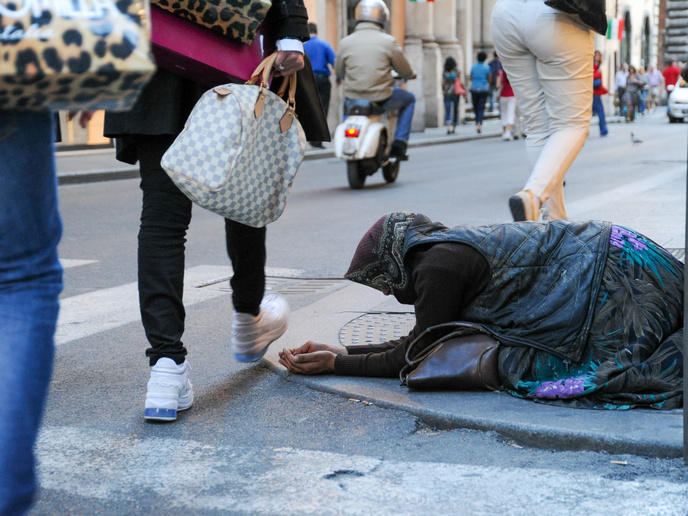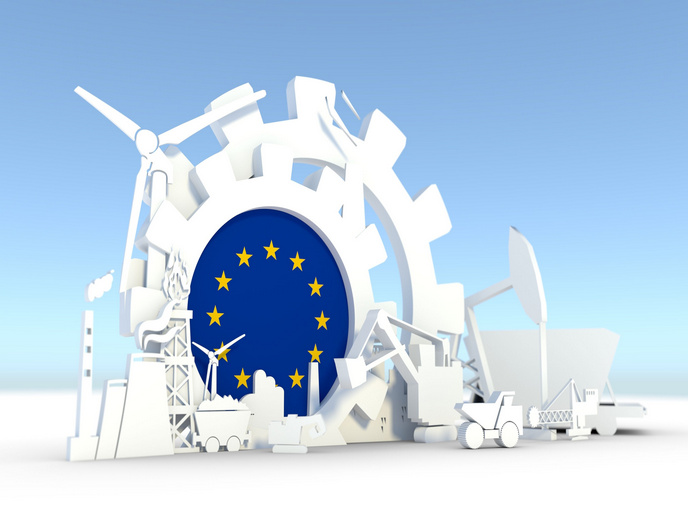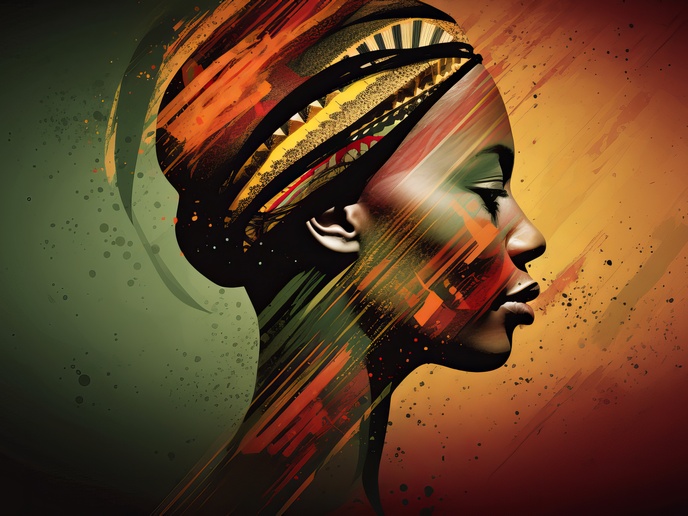Public communication during times of conflict
The project MECODEM(opens in new window) (Media, conflict and democratisation) explored the interconnections between public communication and contentious politics during regime transformation from authoritarian rule. It advanced knowledge and understanding of conflicts in transitional societies through the study of four countries experiencing very different scenarios of democratic transition. Researchers conducted a comparative analysis of 13 conflict cases linked to democratisation or demand for democratic change in Egypt, Kenya, Serbia and South Africa. Data were collected through quantitative content analysis of media coverage, semi-structured interviews, social media analysis and qualitative textual analysis. MECODEM worked on the basis of two key assumptions, the first being that democratisation frequently triggers conflicts between opposing groups, interests and world views. The second held that modern-day democratisations are shaped by the ‘media logics’ of traditional as well as new digital media. The research offers important insights regarding modes of communication, stakeholders’ roles and even the actual concept of democracy in transitional societies. While the democratisation of public communication allows previously silenced voices to be heard, it also triggers and exacerbates conflicts. In the same vein, although different groups can participate in public discourse through vernacular and digital media, these forums frequently drive polarisation and inter-group violence. Further, civil society actors need to consider modes of communication beyond social media for poor and disadvantaged communities. Another finding is that in transitional societies, mainstream media usually follow the dominant discourse of those in power. Also, MECODEM research on the role of the media in conflict situations shows that adopting the standard norms of western journalism can be counterproductive for conflict resolution and reconciliation. Finally, governments’ communication capacity remains poor – it still follows a top-down propaganda model when communicating with citizens and lack of responsiveness and inability to listen are major factors that trigger and intensify conflicts. The work of MECODEM sheds light on the dynamics of public communication in complex conflict situations. Its findings also contribute new knowledge and skills for using ICT tools for effective communication management during conflicts.







